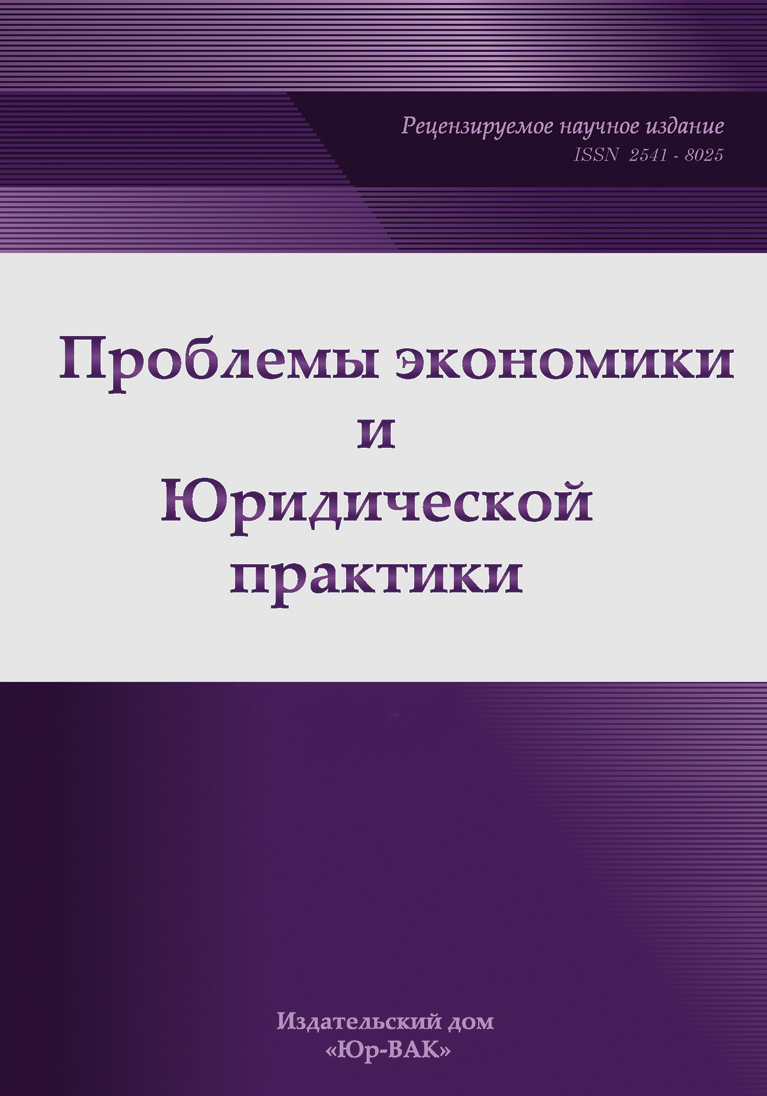«Technical Company» as an Evidence in Disputes of Unreasonable Tax Benefit
- Authors: Orlova N.A.1
-
Affiliations:
- Financial University under the Government of the Russian Federation
- Issue: Vol 19, No 3 (2023)
- Pages: 29-35
- Section: Public Law (State and Legal Sciences)
- URL: https://journals.eco-vector.com/2541-8025/article/view/568317
- EDN: https://elibrary.ru/XLGHTI
- ID: 568317
Cite item
Abstract
Purpose of the study. The relevance of the problem under consideration is beyond doubt, since more than 90 percent of all tax offenses and economic crimes related to tax evasion, fraud, illegal banking activities are based on the involvement in economic circulation of nominal structures, a single name for which has not been developed either by science or practice, which is a serious gap not only in matters of proof, but also in the suppression of offenses and crimes. The criteria for nominal structures applied by the tax authorities do not correspond to reality, which leads to an incorrect assessment of the validity of the application of the tax benefit. Conclusions. In the course of the study, a reasonable choice was made of the most appropriate term for the nominal structures used in taxation, a definition of a «technical» company was developed, which makes it possible to take into account the most basic features that are basic for various types of such structures, the use of which will not allow the erroneous classification of independent business entities as categories of nominal structures. The generalization of law enforcement practice made it possible to identify the circumstances that must be proven when using «technical» companies to minimize taxes, the use of which will improve the efficiency of tax control and exclude unreasonable prosecution of taxpayers.
Keywords
Full Text
About the authors
Natalya A. Orlova
Financial University under the Government of the Russian Federation
Author for correspondence.
Email: natali__orlova@mail.ru
Advisor to the State Civil Service of the Russian Federation, Grade 2, Deputy Head of the Interdistrict Inspectorate of the Federal Tax Service of the Russian Federation No. 17 for the Moscow Region, Postgraduate Student at International and Public Law Department of Faculty of Law
Russian Federation, MoscowReferences
- Vasilyeva, N.S. The expediency of applying a probabilistic proactive approach to the allocation of one-day firms by external non-specialized stakeholders. // Development of territories. 2021. No. 2 (24). —Pp. 36–58.
- Viskova, E. O. Mechanisms for evaluating unscrupulous counterparties as self-defense against additional tax charges // Science and business: ways of development. 2016. No 8 (62). —Pp. 52–55.
- Grishin, A. V. The role of one-day firms in the economy and the tax system of Russia and ways to deal with them // Publishing House of BSUEP, 2012. —298 p. / A. V. Grishin, —p. 53–58.
- Davletshina A.I. «Cleanliness of the environment» as a tool for the VAT tax gap // M., 2019. P. 60–67.
- Zykov, S. V., Filimonova, A. M. Unscrupulous counterparty // Vector of Economics. 2017. No 2 (8). —P. 1.
- Mergenova, A.A. Ensuring the financial information of the Russian Federation through the adoption of new legislative measures to suppress «one-day» firms (experience 2016–2018) // Voronezh Institute of Economics and Law, 2018. —364 p. / A. A. Mergenova, —p. 323–329.
- Poputarovsky, O. The danger of using a one-day firm // Taxes and tax planning, 2012, No. 4. —p. 38.
- Solovyov, I.N. Dangerous financial schemes: one-day firms. // M., Prospekt, 2012. —88 p.
- Urman, N.A. Interaction of tax authorities and internal affairs authorities in the fight against «one-day» firms // Publishing House of the Khakass State University N.F. Katanov, 2016. —176 p. / N.F. Kuznetsova, —P. 93–95.
- Utkina, A. V. One-day firms as a threat to the economic security of Russia // Eurasian Union of Scientists. 2015. No. 4–3 (13). —c. 65–68.
Supplementary files









